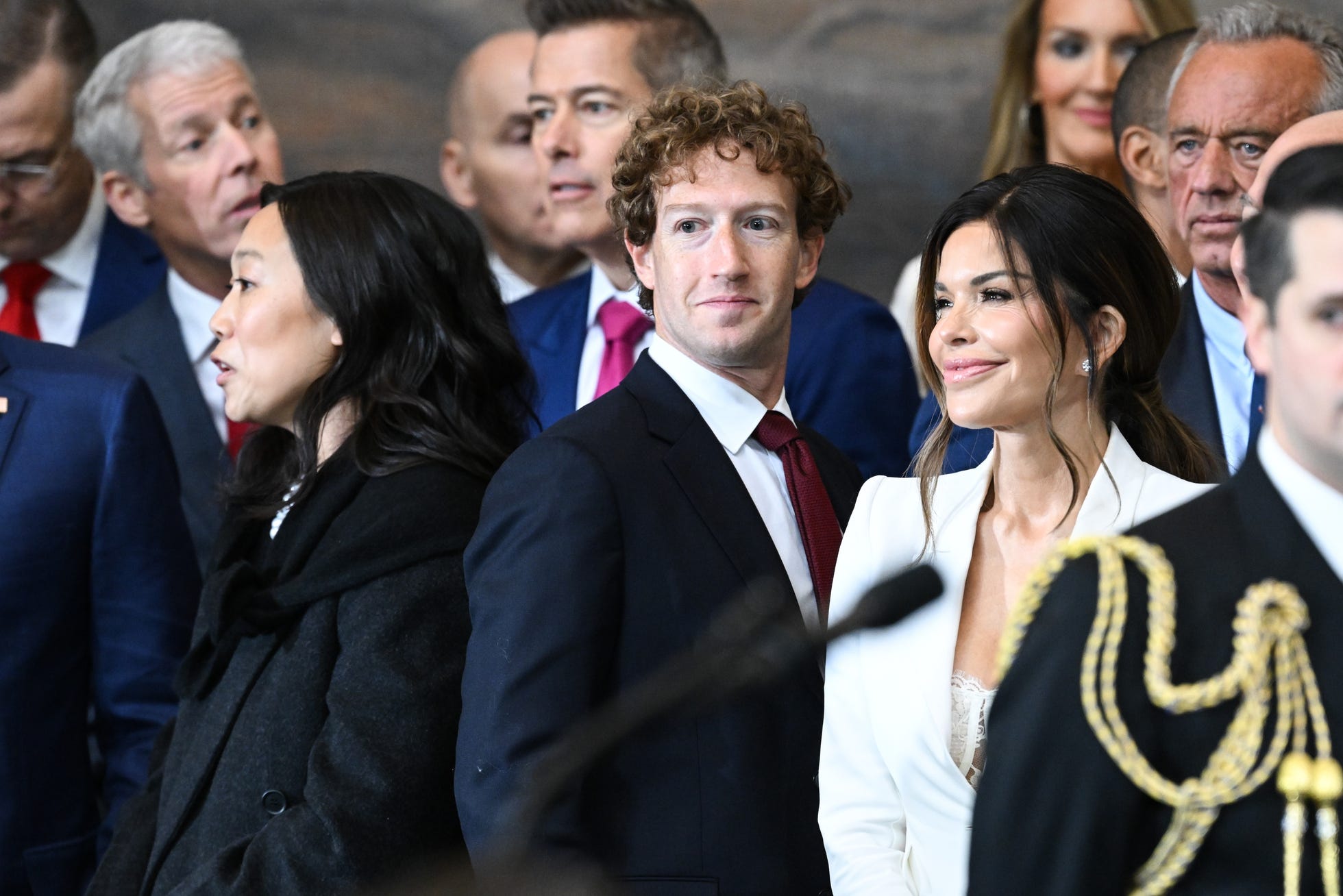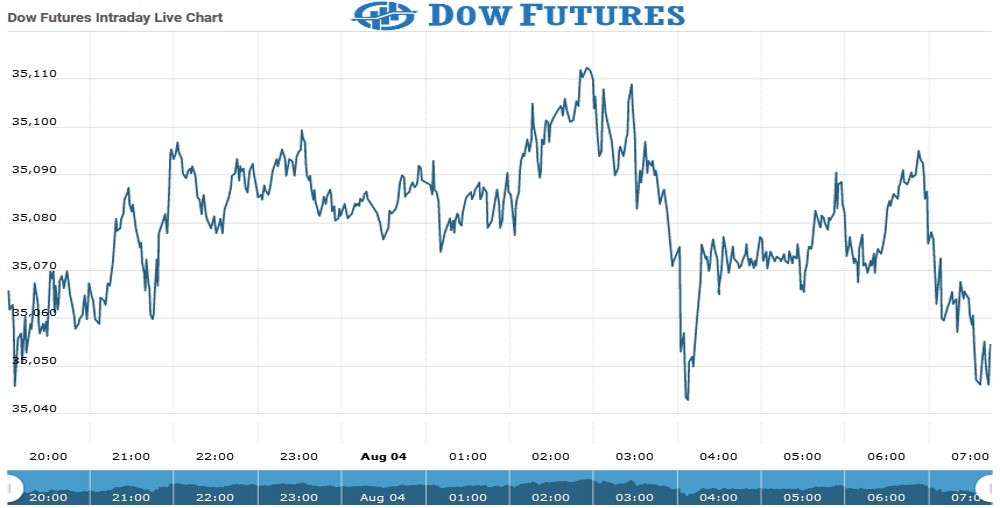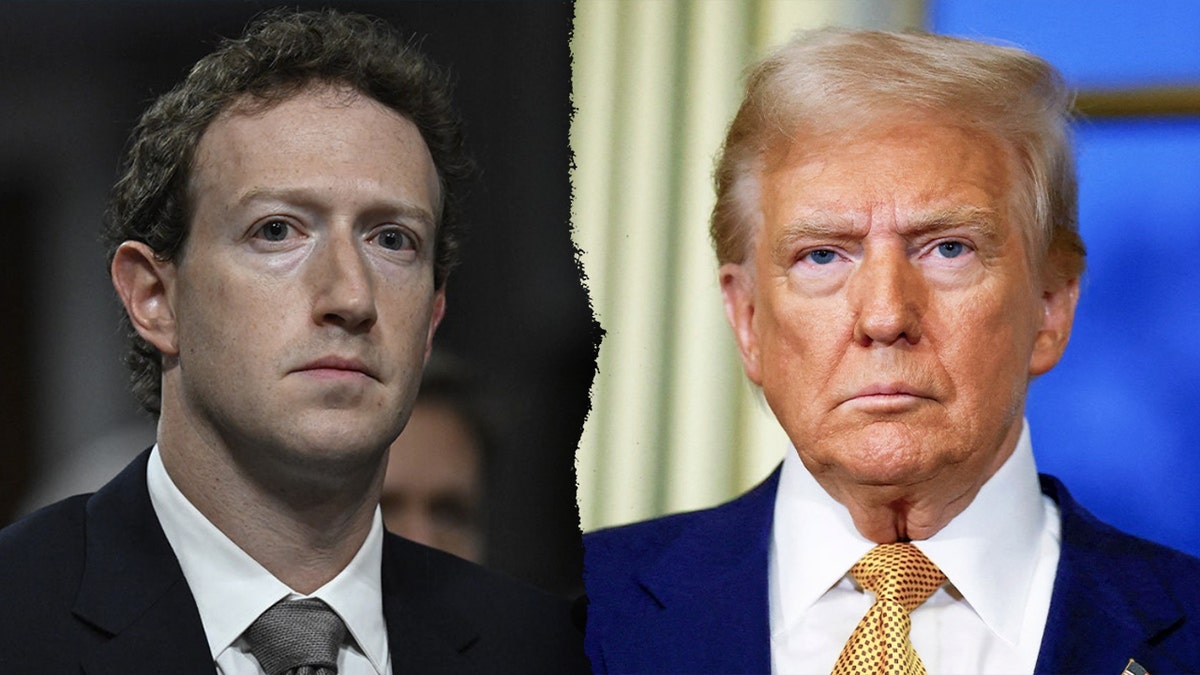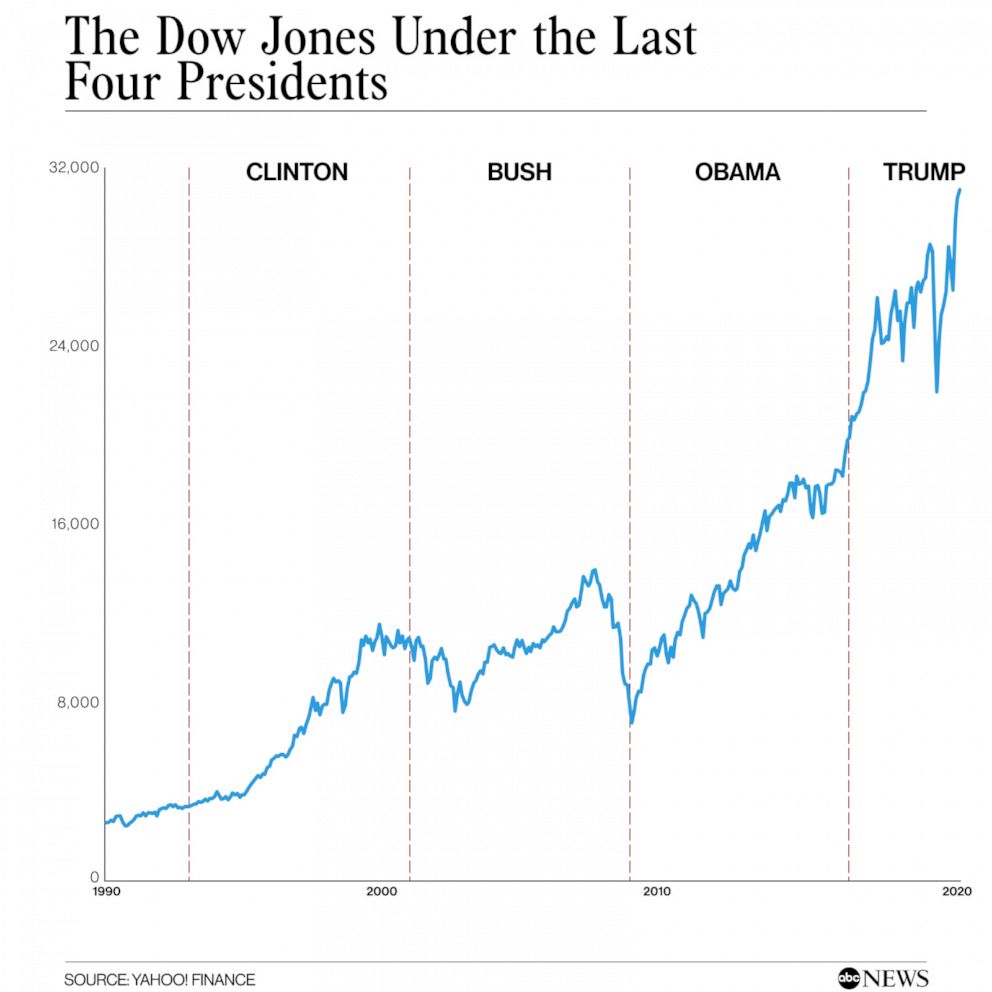The Zuckerberg-Trump Dynamic: Impact On Tech And Politics

Table of Contents
Facebook's Role in the 2016 US Presidential Election and Beyond
Facebook's role in the 2016 US Presidential election, and its ongoing influence, is inextricably linked to the Zuckerberg-Trump dynamic. The platform's massive reach and influence on public opinion became a key battleground, with significant consequences.
Cambridge Analytica Scandal and its Fallout
The Cambridge Analytica scandal exposed the vulnerability of Facebook's user data and its potential for misuse in political campaigns. This scandal, which involved the harvesting of personal data from millions of Facebook users without their consent and its use for targeted political advertising, significantly damaged Facebook's reputation and eroded user trust.
- Data Breach Scale: The unauthorized acquisition of personal data affected tens of millions of users, undermining their privacy and raising serious concerns about data security.
- Regulatory Consequences: The scandal triggered numerous investigations and regulatory actions worldwide, leading to hefty fines and increased scrutiny of Facebook's data practices. The General Data Protection Regulation (GDPR) in Europe, for example, significantly impacted data handling practices globally.
- Impact on User Trust: The scandal profoundly impacted user trust in Facebook, leading to calls for increased transparency and accountability from the platform. Many users deleted their accounts or reduced their engagement.
- Micro-targeting and Manipulation: Cambridge Analytica's use of micro-targeting techniques showcased the potential for manipulative political advertising. The ability to precisely target voters with personalized messaging raised serious ethical questions about the fairness and transparency of political campaigns.
The Spread of Misinformation and Disinformation
Facebook became a breeding ground for the spread of misinformation and disinformation during the 2016 election and continues to be a significant challenge. Foreign actors, as well as domestic groups, used the platform to spread false narratives and propaganda, impacting voter choices.
- Fake News and Propaganda: The proliferation of fake news articles and propaganda significantly influenced public opinion, contributing to political polarization and eroding trust in legitimate news sources.
- Facebook's Response: Facebook's initial response to the problem was criticized as inadequate. The platform's efforts to combat misinformation, though improved over time, have been consistently challenged for their effectiveness.
- Impact on Democratic Processes: The spread of misinformation undermined the integrity of democratic processes by distorting public discourse and influencing electoral outcomes.
Trump's Use of Facebook and Social Media
Donald Trump's adept use of Facebook and other social media platforms was a defining characteristic of his presidency. His direct engagement with his supporters through these platforms significantly shaped his political strategies.
- Direct Communication: Trump bypassed traditional media outlets, using social media to directly communicate with his supporters, building a loyal following and bypassing fact-checking mechanisms.
- Communication Style: His populist communication style, often characterized by inflammatory language and unsubstantiated claims, resonated with a significant segment of the population.
- Political Strategies: His social media presence became integral to his political strategies, driving fundraising, mobilizing supporters, and shaping public narratives.
Zuckerberg's Testimony Before Congress and Subsequent Actions
Mark Zuckerberg's appearances before Congress in the wake of the Cambridge Analytica scandal and other controversies were highly anticipated events. These testimonies shaped public perception of both Zuckerberg and Facebook.
Responding to Congressional Scrutiny
Zuckerberg's testimonies were highly scrutinized for their effectiveness in addressing concerns raised by Congress regarding data privacy, misinformation, and the platform's responsibility in shaping public discourse.
- Key Questions: Congress focused on Facebook's data handling practices, its role in the spread of misinformation, and its responsibility in protecting user data and ensuring election integrity.
- Public Perception: The public perception of Zuckerberg's responses varied, with some viewing them as evasive and others as sincere attempts at addressing concerns. His demeanor and responses significantly impacted Facebook's image.
- Impact on Policy: The hearings spurred calls for increased regulation of social media platforms, particularly in regards to political advertising and data privacy.
Policy Changes and Efforts to Improve Platform Integrity
In response to the criticisms and scandals, Facebook implemented various policy changes aimed at improving platform integrity and combating misinformation.
- Content Moderation: Facebook invested significantly in content moderation efforts, aiming to remove harmful content, including hate speech and misinformation.
- Political Advertising Transparency: The platform implemented measures to increase transparency in political advertising, requiring disclosure of who is paying for ads.
- Data Privacy Enhancements: Facebook made efforts to enhance user data privacy controls and improve data security measures. However, ongoing challenges remain.
Long-Term Implications of the Zuckerberg-Trump Dynamic
The Zuckerberg-Trump dynamic has long-term implications for the future of social media, political discourse, and the tech industry as a whole.
The Future of Social Media and Political Discourse
The relationship between social media and politics is a subject of ongoing debate. The influence of social media on elections and political polarization continues to be a key concern.
- Increased Regulation: Increased regulation of social media platforms is likely, with a focus on combating misinformation, protecting user data, and ensuring fair and transparent political advertising.
- Political Polarization: The use of social media in political campaigning has contributed to political polarization, with echo chambers and filter bubbles reinforcing existing beliefs and hindering constructive dialogue.
- Online Democracy: The future of online democracy depends on addressing the challenges of misinformation, online harassment, and the manipulation of information.
The Impact on Tech Companies and Their Social Responsibility
The Zuckerberg-Trump dynamic has highlighted the growing responsibility of tech companies in managing online content and shaping public discourse.
- Corporate Social Responsibility: Tech giants face increasing pressure to prioritize ethical considerations and demonstrate greater social responsibility in their operations.
- Transparency and Accountability: There's a growing demand for greater transparency and accountability from tech companies regarding their algorithms, data practices, and content moderation policies.
- Tech Ethics: The need for robust ethical frameworks and guidelines for the development and deployment of technology is paramount.
Conclusion
The Zuckerberg-Trump dynamic represents a pivotal moment in the intersection of technology and politics. The controversies surrounding Facebook's role in the 2016 election and beyond have highlighted the profound influence of social media on democratic processes and the urgent need for greater accountability from tech companies. Understanding this complex relationship is crucial for navigating the future of online discourse and ensuring the responsible use of technology in the political arena. Further research into the Zuckerberg-Trump dynamic is essential to developing effective strategies for combating misinformation and promoting a more transparent and ethical digital landscape. We must continue to critically examine this relationship and demand greater transparency and accountability from both political leaders and technology companies to protect our democratic processes.

Featured Posts
-
 The Difficulty Of Automating Nike Sneaker Production
Apr 22, 2025
The Difficulty Of Automating Nike Sneaker Production
Apr 22, 2025 -
 Stock Market News Dow Futures Drop Dollar Slides On Tariff Fears
Apr 22, 2025
Stock Market News Dow Futures Drop Dollar Slides On Tariff Fears
Apr 22, 2025 -
 Zuckerberg And Trump A New Era For Meta And American Politics
Apr 22, 2025
Zuckerberg And Trump A New Era For Meta And American Politics
Apr 22, 2025 -
 The Growing Market For Disaster Bets Focusing On The Los Angeles Fires
Apr 22, 2025
The Growing Market For Disaster Bets Focusing On The Los Angeles Fires
Apr 22, 2025 -
 Trumps Economic Legacy Winners And Losers
Apr 22, 2025
Trumps Economic Legacy Winners And Losers
Apr 22, 2025
